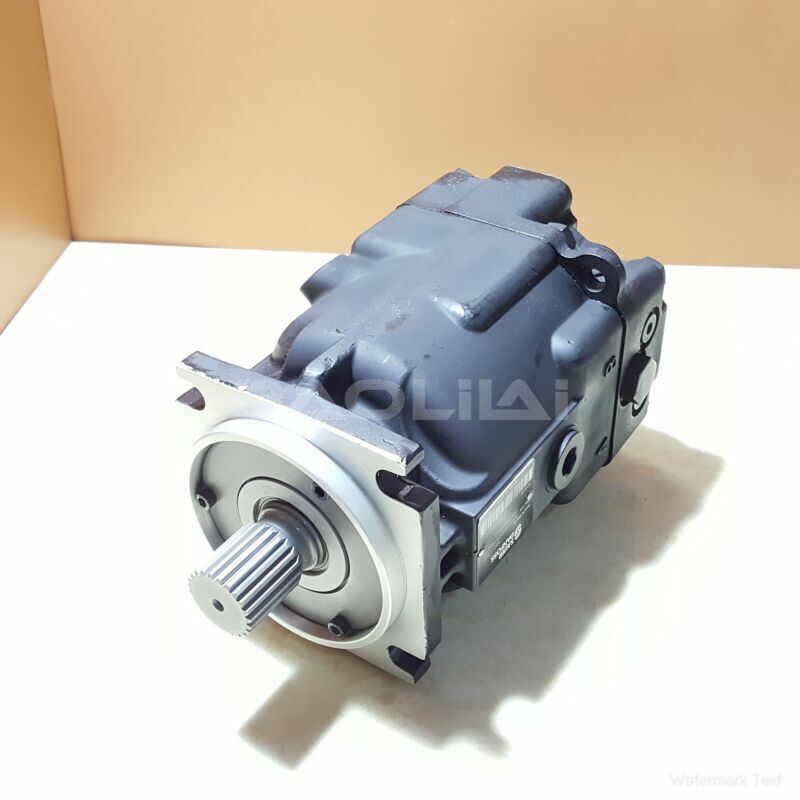90M100NC0N8N0C7W00EFA0000G0 high pressure motor
90M100NC0N8N0C7W00EFA0000G0 high pressure motor

- Product Details
- Applicable Scene
As the world shifts towards more sustainable energy sources, the future of internal combustion engines, particularly piston engines, is often met with skepticism. However, advancements in synthetic fuels present a promising avenue for the continued viability of these engines. This article explores the potential of synthetic fuels to power piston engines, their environmental benefits, and the challenges that lie ahead.
90-M-100-NC-0-N-8-N-0-C7-W-00-EFA-00-00-G0
90M100NC0N8N0C7W00EFA0000G0
Synthetic fuels, or synfuels, are manufactured through chemical processes using a variety of feedstocks, including biomass, natural gas, and even carbon captured from the atmosphere. Unlike traditional fossil fuels, synthetic fuels can be designed to be carbon-neutral or even carbon-negative, aligning them with global emissions reduction targets. This characteristic could help piston engines, which have long been deemed outdated in the era of electrification, maintain relevance in a greener future.

11065820
One of the major advantages of synthetic fuels is their compatibility with existing internal combustion engine technology. Piston engines can be modified to run on these alternative fuels without drastic changes to the design or infrastructure. This means that the extensive networks for fuel distribution and servicing that have been built over decades remain useful, unlike electric vehicles which require different charging infrastructures. As a result, piston engines powered by synthetic fuels can serve as a transitional technology, providing a bridge between conventional gasoline engines and fully electric vehicles.
From an environmental perspective, the use of synthetic fuels could significantly reduce greenhouse gas emissions. For example, fuels derived from biomass can be produced in a way that captures carbon dioxide during the growth of the plants used, effectively creating a closed carbon cycle. Moreover, synthetic fuels can be engineered to burn cleaner than traditional hydrocarbons, leading to a decrease in particulate matter and other pollutants that contribute to urban air quality issues.





